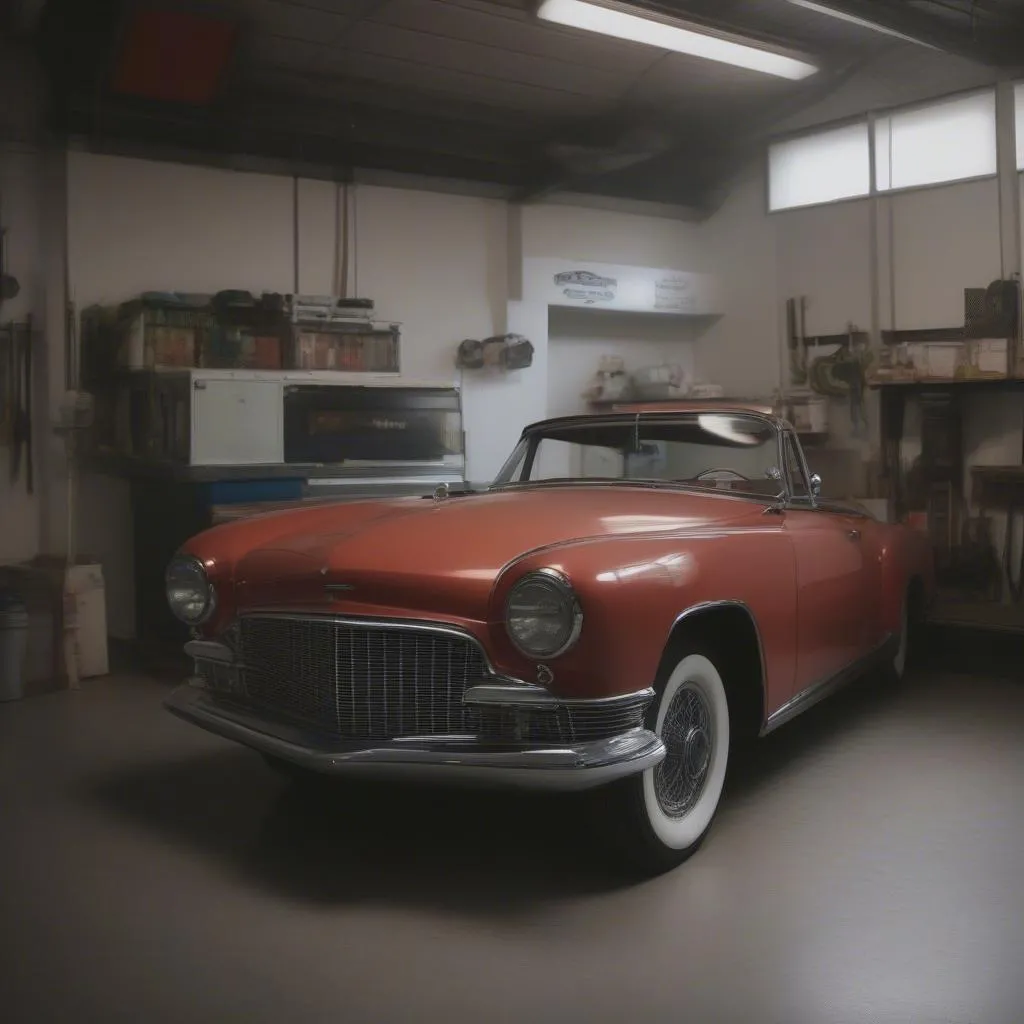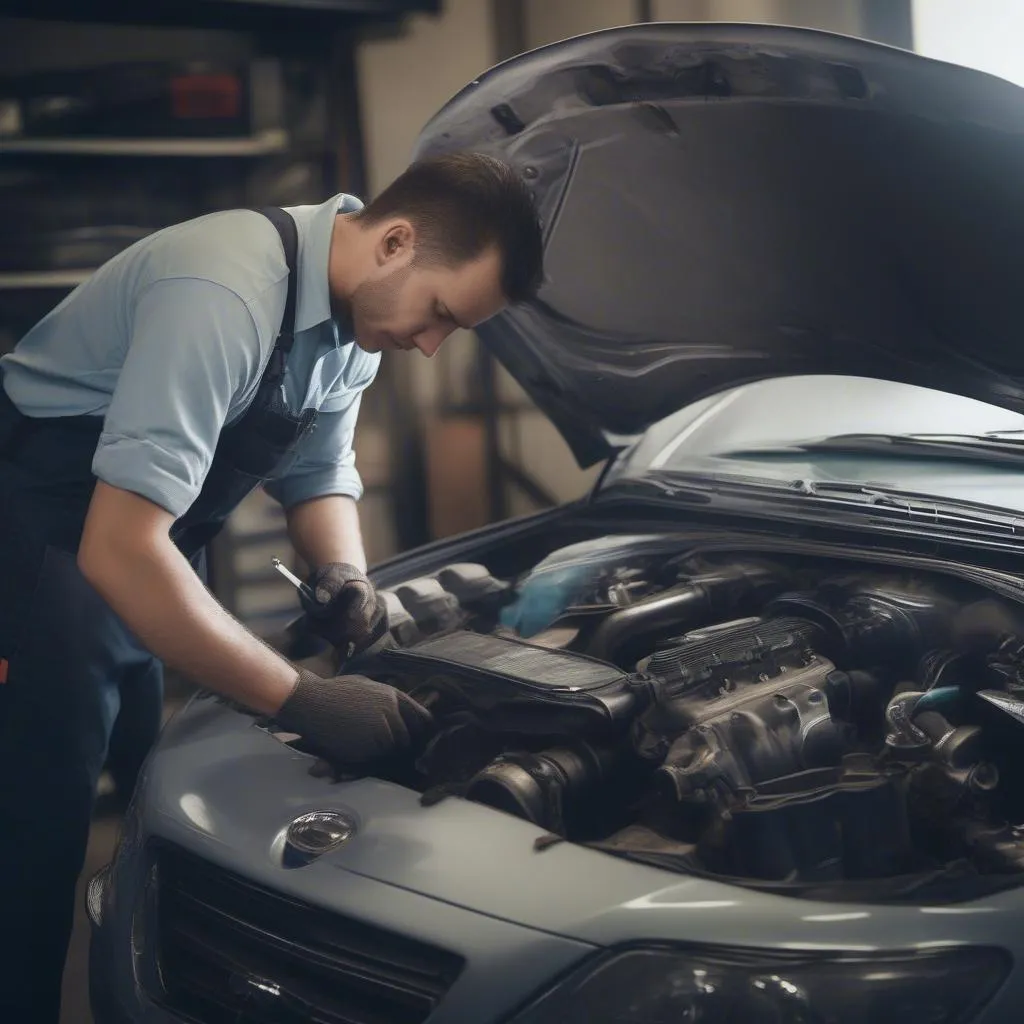“Can you make money with cars?” – This question is asked by many who are looking for alternative investment opportunities. In times of low interest rates and volatile stock markets, the idea of investing in tangible assets such as classic cars or youngtimers seems tempting. But is a car really a good investment?
What Does “Car as Investment” Mean?
Essentially, it’s about viewing a vehicle not just as a means of transportation, but as an investment object whose value increases over time. This works best with rare models, limited editions, or vehicles with a special history.
 Vintage car as a financial investment
Vintage car as a financial investment
Why Are Cars Considered Investments?
The fascination with vehicles, especially classic cars, remains unbroken. “A classic car is more than just a car; it is a piece of history and passion,” says Dr. Markus Schmidt, author of the book “Successfully Investing in Classic Cars.” The demand for well-preserved classics often exceeds the supply, which increases the value of these vehicles.
What Should You Consider When Buying a Car as an Investment?
Not every car is suitable as an investment. Decisive factors include:
- Condition: A flawless condition is essential. Rust, accident damage, or missing original parts significantly reduce the value.
- Rarity: The rarer a model, the higher the potential value increase.
- History: Complete documentation and a traceable history increase the attractiveness for collectors.
- Emotional Component: Vehicles with special charisma, an exciting history, or a loyal fan base are particularly sought after.
 Car inspection before purchase
Car inspection before purchase
Pros and Cons of Cars as Investments
Like any investment, investing in vehicles involves risks and opportunities.
Pros:
- Inflation Hedge: Tangible assets like cars are considered a better hedge against inflation than, for example, cash.
- Value Stability: Well-preserved classics do not lose their value as quickly as other asset classes, even in times of crisis.
- Joy of Ownership: A classic car is not just an investment, but also offers driving pleasure and the opportunity to be part of a community.
Cons:
- High Acquisition Costs: The purchase price for a vehicle with potential for value appreciation is often high.
- Ongoing Costs: Maintenance, repairs, insurance, and storage incur ongoing costs.
- Illiquidity: Selling a classic car can be time-consuming as a buyer is not immediately found.
Is Investing in a Car Worth It?
The decision of whether a car is suitable as an investment depends on various factors, such as the available capital, risk tolerance, and personal passion for vehicles. Those who are willing to delve deeply into the topic, know the risks, and are not afraid of the ongoing costs can enjoy driving a classic car or youngtimer and at the same time achieve an attractive return.
Would you like to learn more about alternative investment opportunities? Contact us! Our experts will be happy to advise you.
